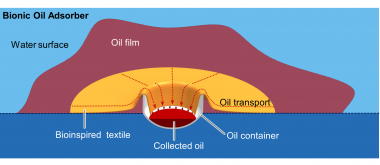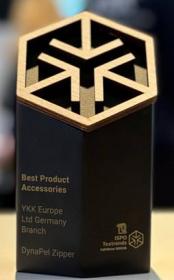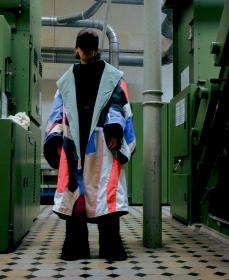National Defense Authorization Act: Boosting U.S. Textile Industry
The National Council of Textile Organizations (NCTO), spanning the entire spectrum of U.S. textiles from fiber to finished sewn products, commended Congress for passing the Fiscal Year 2024 National Defense Authorization Act (NDAA), legislation that will help preserve the Berry Amendment supply chain and direct the Department of Defense to expand its procurement of domestically-made textile goods for military use.
“We applaud the House and Senate for getting NDAA across the finish line and are pleased the legislation will now go to President Biden for his signature,” said NCTO President and CEO Kim Glas. “NCTO sincerely thanks Rep. Don Davis (D-NC) for sponsoring language expressing concern about offshoring textile manufacturing and highlighting the need for the DOD and Defense Logistics Agency (DLA) to procure more domestically-produced textile goods for military use. The language also requires the DOD to report on the feasibility of requiring American-made home textile goods to be used on military installations.”
“We also want to thank Rep. Joe Courtney (D-CT) who sponsored language expressing concern about economic factors impacting the capacity of the U.S. textile industry to meet DOD requirements and calling on the agency to assess labor shortages, contract forecasting and lack of investment in manufacturing capabilities and report back to Congress.”
Finally, this NDAA report language calls for DOD to report to Congress its assessment of the textile industry as it relates to labor shortages, contract forecasting and lack of investment in manufacturing capabilities.
“The domestic textile industry and supply chain are vital to the warm industrial base for the production of critical items that contribute to our nation’s health and safety. It is imperative that Congress and the administration continue to support this industry—a key contributor to our national defense that supplies over 8,000 products a year to our men and women in uniform—through expanded government procurement of American-made items. The NDAA is critical to supporting this manufacturing base,” Glas said.
National Council of Textile Organizations (NCTO)
































